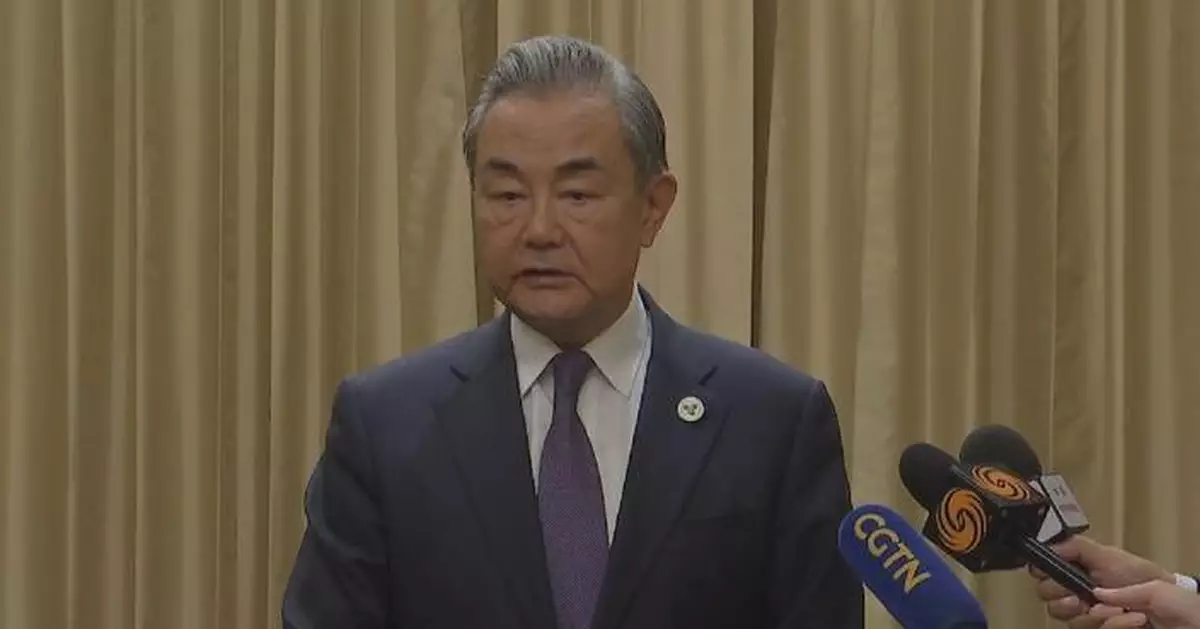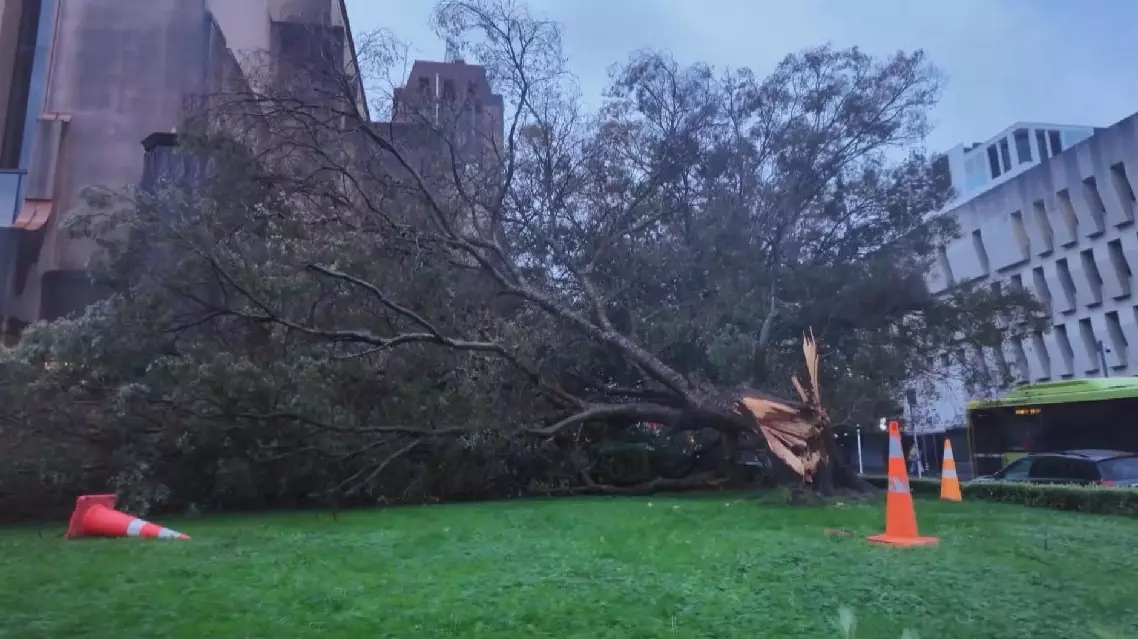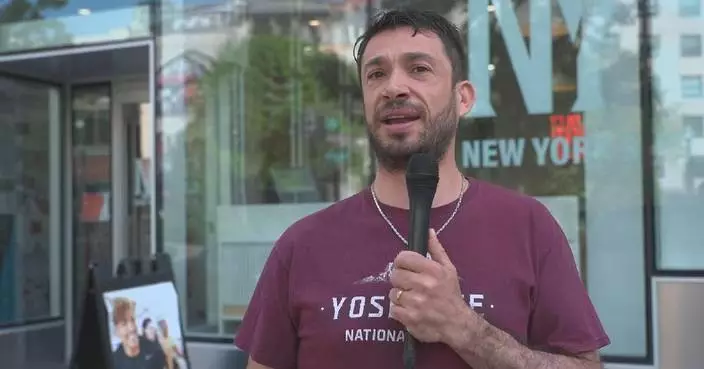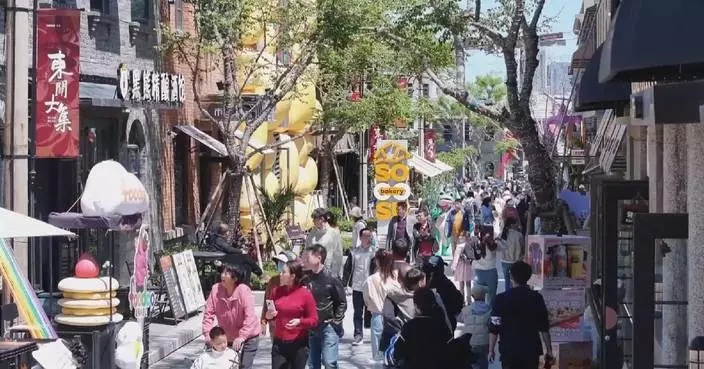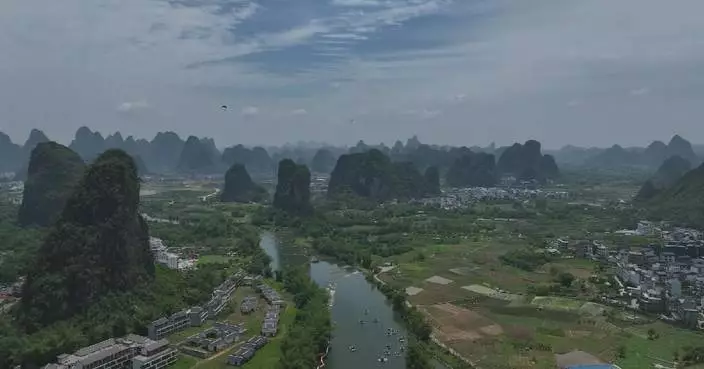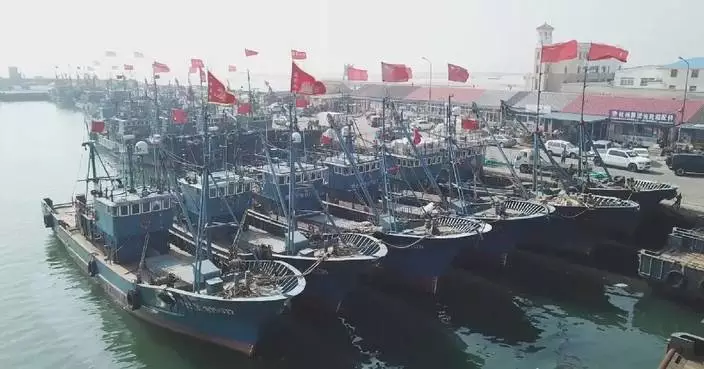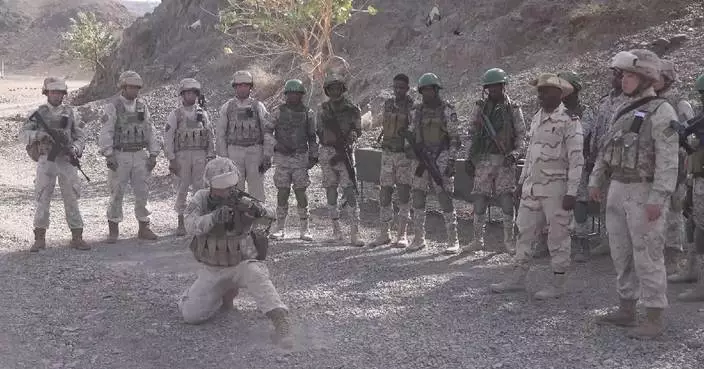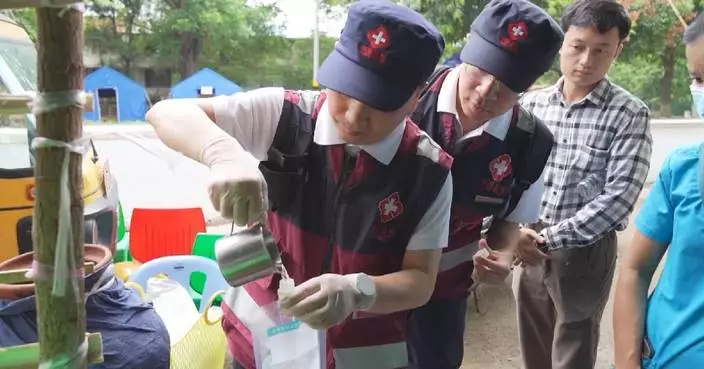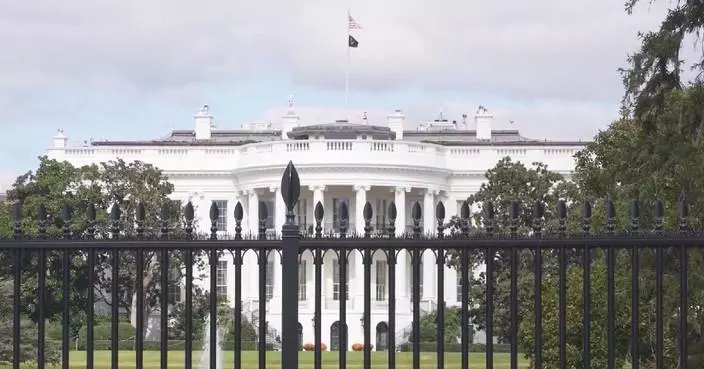Chinese President Xi Jinping's Southeast Asia tour has elevated ties with Vietnam, Malaysia and Cambodia and concluded with consensus reached on jointly addressing challenges and expanding cooperation in various field, Chinese Foreign Minister Wang Yi said in Cambodian capital Phnom Penh on Friday.
Xi, also general secretary of the Communist Party of China Central Committee, paid a state visit to Vietnam from April 14 to 15, at the invitation of General Secretary of the Communist Party of Vietnam Central Committee To Lam and President of the Socialist Republic of Vietnam Luong Cuong.
He also paid state visits to Malaysia and Cambodia from April 15 to 18, at the respective invitation of King of Malaysia Sultan Ibrahim and King Norodom Sihamoni of Cambodia.
On Xi's visit to Vietnam, Wang said when meeting the press in Phnom Penh that the leaders of the two parties and countries will advance the development of their comprehensive strategic cooperation with higher quality and on deeper levels.
On Xi's visit to Malaysia, the most significant outcome is the building of a high-level strategic China-Malaysia community with a shared future. China and Malaysia have agreed to set the pace for regional cooperation, Wang said.
Speaking of Xi's visit to Cambodia, Wang highlighted the elevation of bilateral ties to an all-weather China-Cambodia community with a shared future in the new era. It marks China's first such bilateral relationship of its kind with a Southeast Asian country.
Wang said Xi's visits came at a turbulent period in world history. He said the United States' move to impose sweeping unilateral tariff measures violates international trade rules.
He said Southeast Asian countries also bear the brunt of the tariff hikes, and the neighboring nations look to China to provide certainty.
"These countries indeed face a complex external environment, in particular the pressure from the United States. At this moment, these countries wish to know what China thinks, what position China takes and what it will do. The visits this time happened to serve as a very good opportunity to strengthen strategic communication, and the consensus reached at the level of top leaders is we must get united to say 'no' to such regressive act. We should not only safeguard our own legitimate rights and interests, but also safeguard our common legitimate rights and interests. We should uphold the basic rules of free trade and international equity and justice. We cannot bow to power or bullying. As long as we get united, we can overcome any difficulties and address any challenges. So, the leaders of all the three countries have boosted their confidence and reached consensus," said Wang.
Wang noted that President Xi has pointed out the vast sea of economic globalization has benefited all nations. The president said China and its neighbors, as members of the Global South, should strengthen coordination and cooperation, stand together against camp-based confrontation, and oppose unilateralism. They should counter the law of the jungle with the Asian values of peace, cooperation, openness and inclusiveness, to safeguard Asia's bright prospects.
China has actively carried out all-round cooperation with its neighbors, strengthened exchanges in various fields, maintained peace and stability, and walked out a bright path of friendly neighborhood and win-win cooperation, Wang said.
"In addition to further consolidating our mutually beneficial economic cooperation, we should enhance our cooperation with each other in security and military defense. Since we are a community with a shared future, cooperation should be all-round. So, this is an important progress in our cooperation. What's more, as you can see from our agreements, each country has some cooperation with China in scientific and technological innovation, with many consensuses reached in new quality productive forces, including 5G and even artificial intelligence. This is why we can keep up with the times while enhancing our international competitiveness. We are willing to work together with neighboring countries to realize modernization, rather than just keeping good things to ourselves alone," he said.
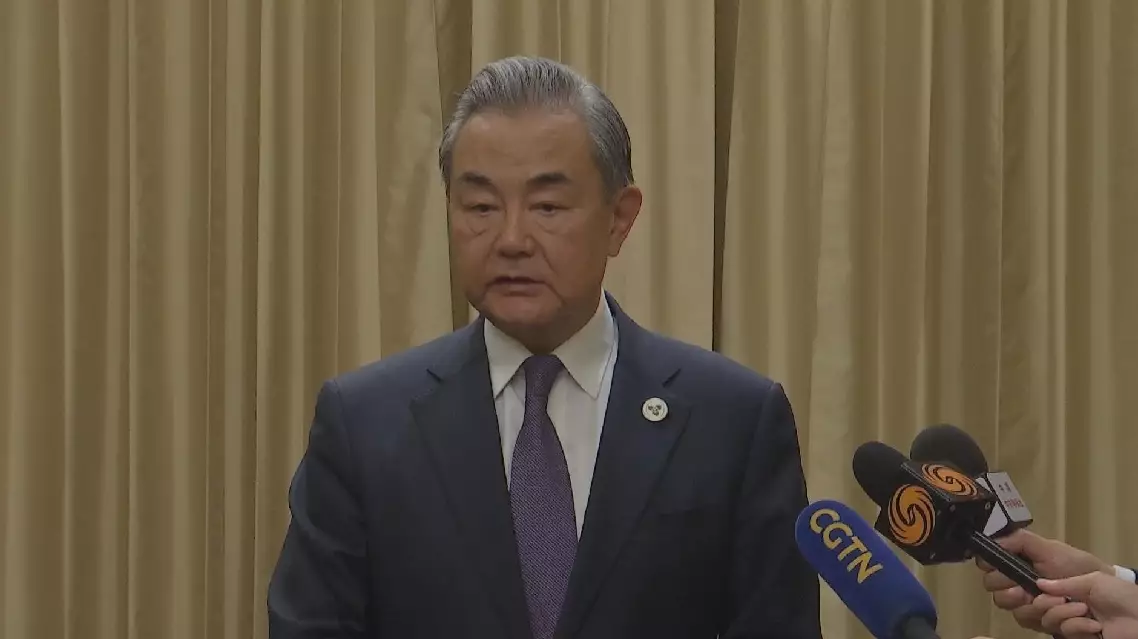
Xi's Southeast Asia tour concludes with consensus on jointly addressing challenges, expanding cooperation: FM


